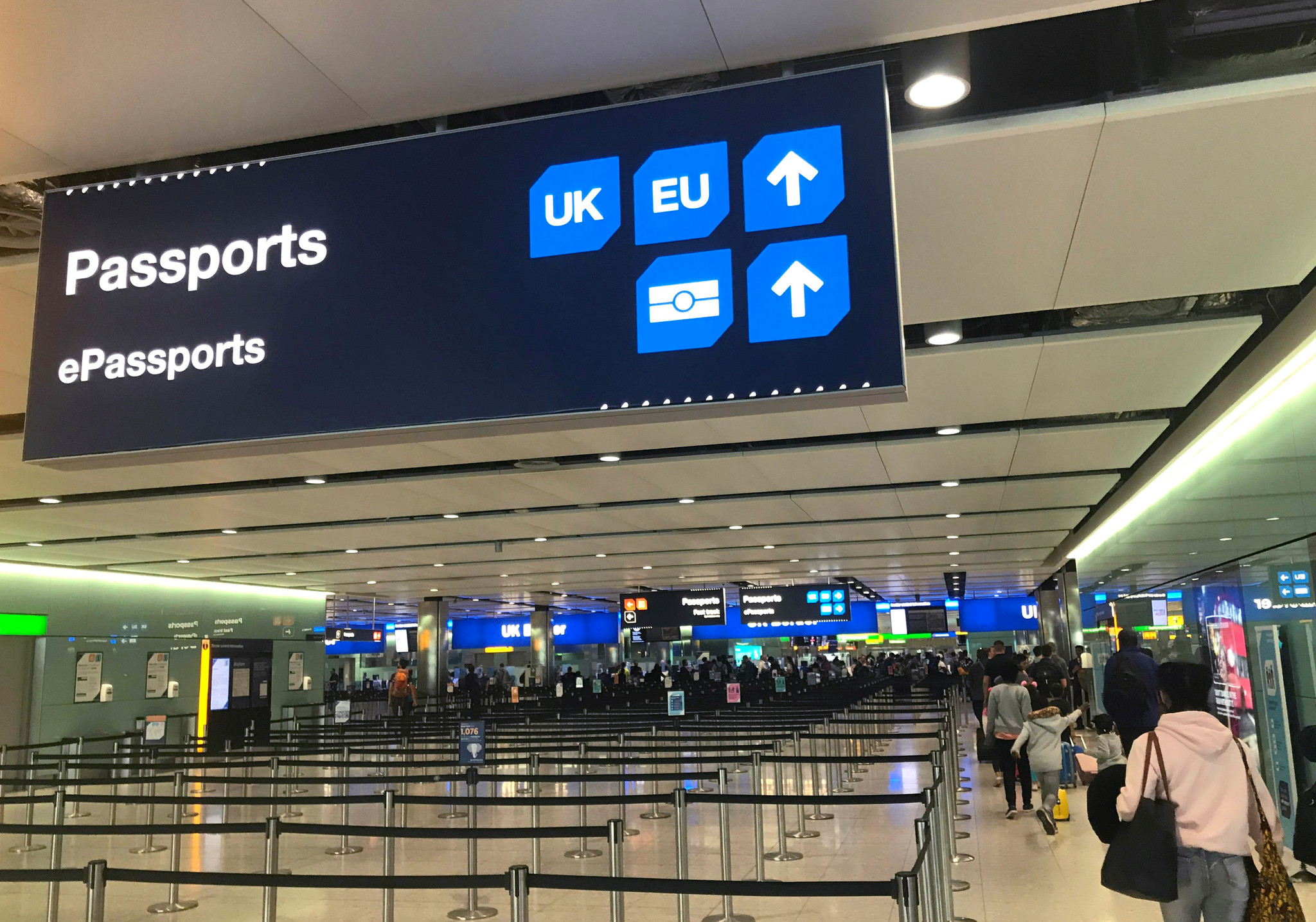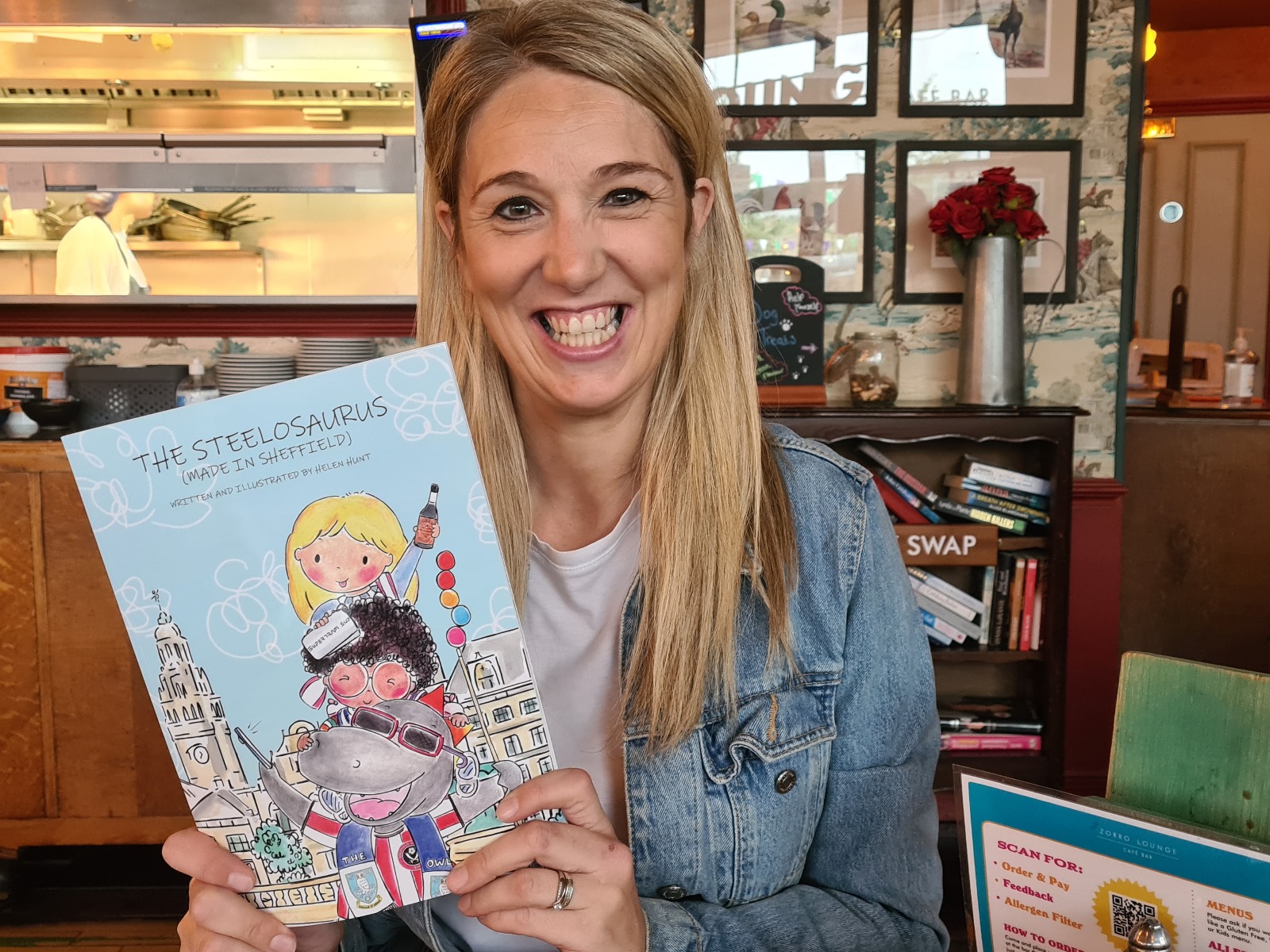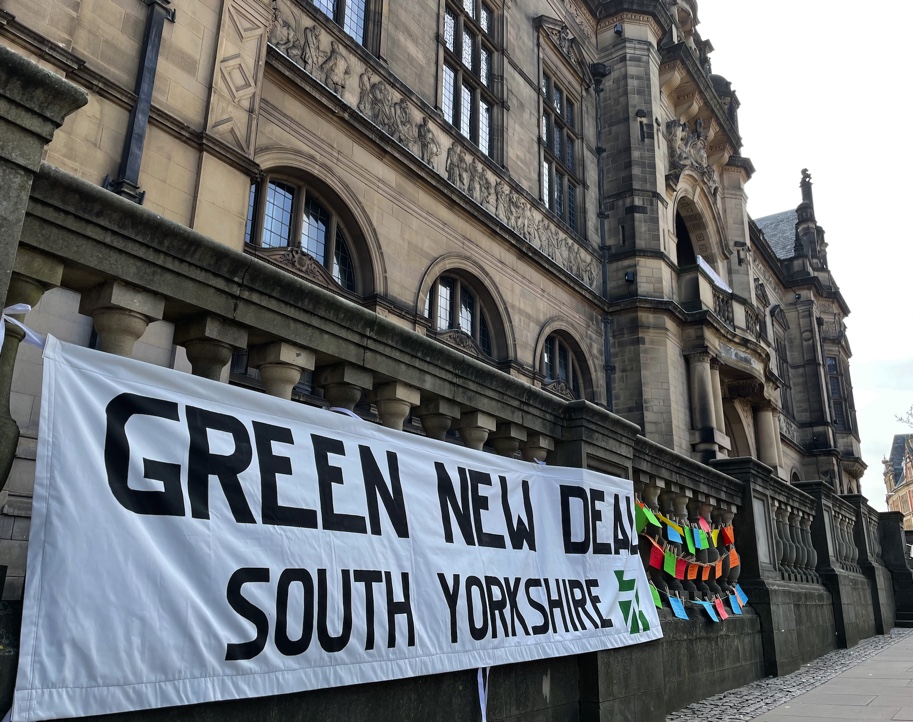All Portuguese citizens will be forced to pay a quarantine package of at least £1750 to enter the United Kingdom from today.
The government announced the new restrictions last week and Portugal is the only European country on the red list. Its alleged connections with Brazil and South Africa, with their new variants of the virus, are a possible explanation for these new requirements.
Travellers are expected to complete a 10-day quarantine in a designated hotel. The quarantine package takes into account costs of transport, food, accommodation, security and testing.
For Portuguese citizens living in the UK, these restrictions are harsh. Claudia Moutinho, 31, a nurse based in Manchester, said it may be hard for people having to travel back to England after an essential trip to their home country.
Ms Moutinho said: “I am here in England and I am pregnant. I will have my baby in March, and I am always thinking about how and when my family will see my baby. And if I go back to Portugal to have my kid, when I come back, I will have to pay those sums of money for me and my boyfriend. It is difficult.”
For Pedro Gomes, a 22-year-old student who had to stay in Portugal because of the restrictions, the problem is the price.
He said: “I have my belongings in England, and I want to retrieve them, but I cannot do that because then I would have to pay 100€ for a test and then almost £2000 to stay there. I am paying rent in an accommodation that I cannot be in.”
Anyone who breaks the quarantine rules faces a penalty of up to £10,000 or, in the most serious cases, 10 years in prison.
Bruna Gonçalves, 19, believes the fines are too high, but reckons that something had to be done.
She said: “They need to put something in place to contain the virus. We are living in a critical moment.”
The countries on the red list have specific points of entry in the UK. Currently, these are Heathrow Airport, Gatwick Airport, London City Airport, Birmingham Airport and Farnborough Airfield.
Quarantine hotels have to be near to those airports, which may present an additional cost for people based in South Yorkshire because, after the quarantine, they will also have to pay to get to their destinations.
The hoteliers are also not comfortable with this solution. In an interview with The Guardian, an industry figure said: “Hotels may not want to be known as the quarantine hotel.”
The number of daily cases is decreasing in Portugal, and all the interviewees are confident the country will leave the red list soon. Mr Gomes does not feel like the restrictions implemented by the UK government are unfair.
He said: “We were considered the worst country in terms of new cases, so if we cannot do the minimum to contain the pandemic, like putting a mask, we cannot be upset about the measures that other countries have to take.”




